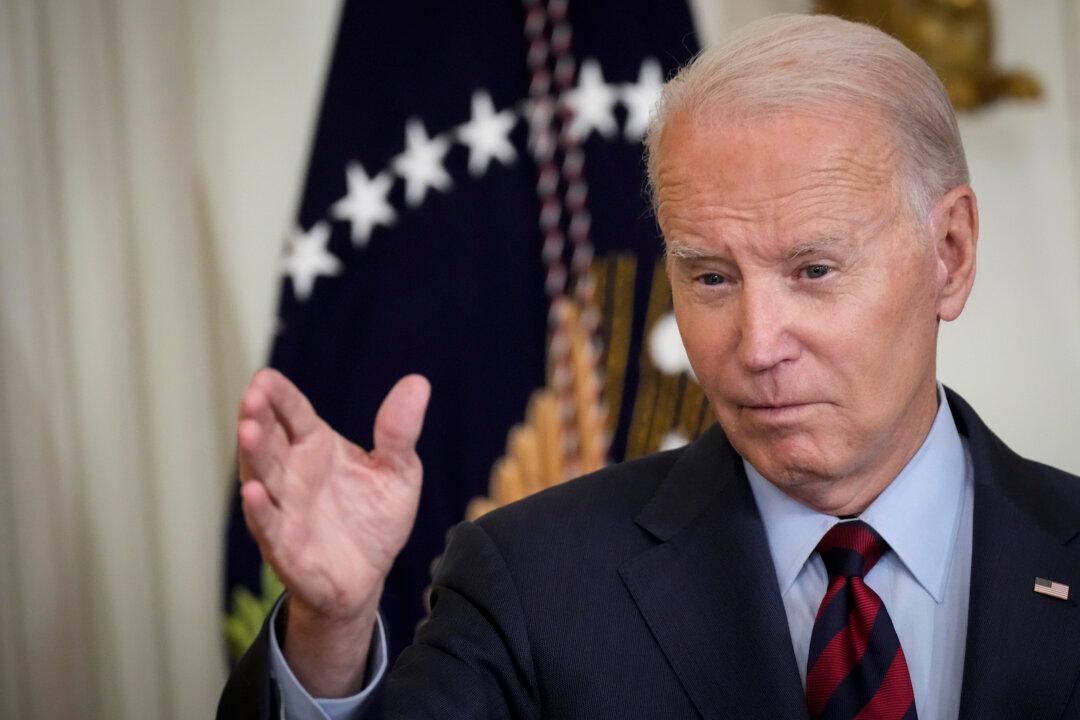Amid his second “Investing in America” tour, President Joe Biden introduced a set of actions on July 7 designed to reduce health care costs by cracking down on “junk” insurance plans, prevent surprise medical bills, and decrease medical debt related to credit cards.
The Biden administration’s new proposed rule regarding what he called “junk” insurance plans “would close loopholes that the previous administration took advantage of that allow companies to offer misleading insurance products that can discriminate based on pre-existing conditions and trick consumers into buying products that provide little or no coverage when they need it most,” according to a White House fact sheet.





